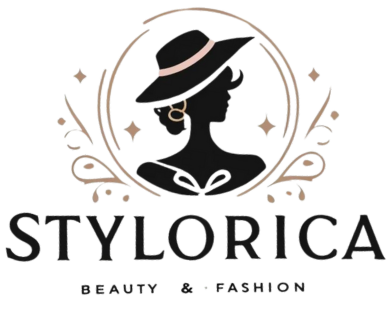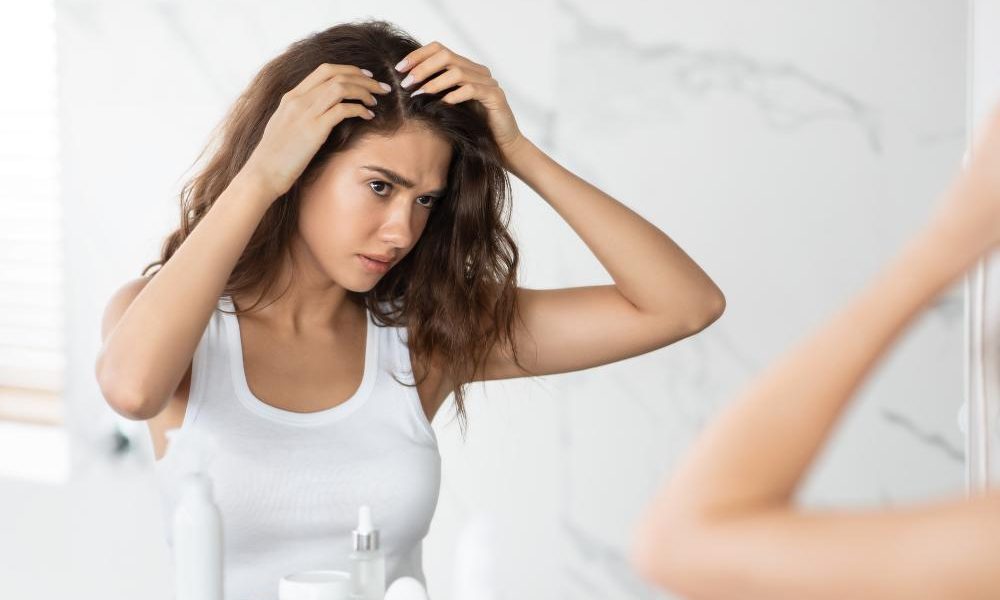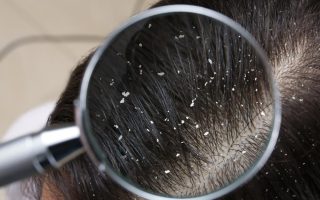Using dandruff shampoo without having dandruff might seem like overkill, but is it actually beneficial? Many people wonder if incorporating dandruff shampoo into their routine can help maintain a healthy scalp and prevent future issues, even if they don’t currently suffer from dandruff. Let’s explore this topic and provide insights, expert opinions, and personal anecdotes to help you understand whether dandruff shampoo can be a helpful addition to your hair care routine.
What is Dandruff Shampoo?
Dandruff shampoos are formulated with active ingredients designed to treat and prevent dandruff, a common scalp condition characterized by flaking and itching. These shampoos often contain ingredients like zinc pyrithione, ketoconazole, selenium sulfide, coal tar, and salicylic acid, which help reduce the growth of fungi, decrease oil production, and remove dead skin cells from the scalp.
Dr. Michele Green, Board-Certified Dermatologist: “Using a dandruff shampoo even without dandruff can be beneficial for some. It can help maintain a healthy scalp and prevent future flare-ups.” (Source: Dr. Michele Green)
Benefits of Using Dandruff Shampoo Without Dandruff
1. Maintaining a Healthy Scalp
Using dandruff shampoo occasionally can help maintain a balanced scalp by controlling oil production and preventing the overgrowth of fungi that can lead to dandruff. A healthy scalp is essential for healthy hair growth and overall hair health.
2. Removing Product Buildup
If you use a lot of styling products, a dandruff shampoo can help remove product buildup that regular shampoos might not eliminate. This can leave your hair feeling cleaner and lighter.
Dr. Hadley King, Board-Certified Dermatologist: “If you have a healthy scalp, using a dandruff shampoo occasionally can help remove product buildup and excess oils.” (Source: Dr. Hadley King)
3. Regulating Oil Production
For individuals with oily scalps, dandruff shampoos can help regulate oil production and prevent greasy roots. This can be particularly useful in the summer or after intense workouts when your scalp tends to produce more oil.
Ghanima Abdullah, Hair Stylist & Cosmetologist: “For those with oily scalps, a dandruff shampoo can help regulate oil production and prevent greasy roots.” (Source: The Right Hairstyles)
Potential Drawbacks
1. Dryness and Irritation
Some dandruff shampoos can be drying and irritating, especially if they contain strong active ingredients like sulfates. This can be problematic for individuals with dry or sensitive scalps.
Dr. Adam Friedman, Professor and Chair of Dermatology at the George Washington School of Medicine and Health Sciences: “If you have a dry scalp, be cautious with dandruff shampoos as they may further dry out your scalp. Opt for a moisturizing formula or use it less frequently.” (Source: GW School of Medicine & Health Sciences)
2. Impact on Color-Treated Hair
Dandruff shampoos can sometimes strip color-treated hair, causing it to fade faster. If you have colored hair, look for a sulfate-free dandruff shampoo or one specifically designed for color-treated hair.
Shelly Aguirre, Stylist at Maxine Salon: “Dandruff shampoos are often formulated with active ingredients that can be harsh on color-treated hair. If you have colored hair, consider using a sulfate-free dandruff shampoo or one specifically designed for color-treated hair.” (Source: Byrdie)
3. Potential for Overuse
Using dandruff shampoo too frequently can disrupt the natural balance of your scalp, leading to dryness, irritation, or even an overproduction of oil as your scalp tries to compensate for the dryness.
Dr. Francesca Fusco, Dermatologist: “It’s important to listen to your scalp and hair. If you experience any dryness, irritation, or changes in your hair texture after using a dandruff shampoo, discontinue use and consult a dermatologist.” (Source: Prevention Magazine)
Personal Experience
When I first started using a dandruff shampoo without having dandruff, I was curious to see if it would improve the overall health of my scalp. Initially, I used it once a week to remove product buildup and keep my scalp feeling fresh. While I did notice that my hair felt cleaner, I also experienced some dryness. After adjusting my routine and using the shampoo less frequently, my scalp maintained its healthy balance without any issues. This experience taught me the importance of moderation and listening to my scalp’s needs.
Studies on Dandruff Shampoo
1. The Effect of Shampoos on Scalp Sebum Production and Hair Fiber Properties
This study, published in the Journal of Cosmetic Science, investigated the impact of different shampoo formulations, including anti-dandruff shampoos, on scalp sebum production and hair fiber properties. The findings suggest that while anti-dandruff shampoos can effectively remove oil and buildup, they can also strip the hair of its natural moisture, leading to dryness and potential damage.
2. The Role of Microbiota in Atopic Dermatitis
Although focused on atopic dermatitis, this study, published in the Journal of Allergy and Clinical Immunology, sheds light on the significance of the scalp microbiome in maintaining scalp health. It suggests that even without dandruff, maintaining a balanced microbiome through proper cleansing can be beneficial.
3. Comparative Study of the Effectiveness of Different Shampoo Formulations on Dandruff
Published in the International Journal of Cosmetic Science, this study compares the efficacy of various anti-dandruff shampoos, indicating that active ingredients like zinc pyrithione can be helpful even for those not currently experiencing dandruff.
4. The Impact of Hair Washing Frequency on Scalp and Hair Condition
This study, found in the International Journal of Trichology, examined the effects of different hair washing frequencies on scalp and hair health. The research suggests that over-washing with anti-dandruff shampoos can lead to dryness and irritation, emphasizing the need for a balanced washing routine.
Choosing the Right Dandruff Shampoo
1. Look for Gentle Formulas
If you don’t have dandruff but want to use a dandruff shampoo, look for gentle formulas that are sulfate-free and contain moisturizing ingredients. These shampoos will be less likely to cause dryness and irritation.
Dr. Michele Green, Board-Certified Dermatologist: “Using a dandruff shampoo even without dandruff can be beneficial for some. It can help maintain a healthy scalp and prevent future flare-ups.” (Source: Dr. Michele Green)
2. Consider Your Hair Type
Choose a dandruff shampoo that matches your hair type. If you have oily hair, look for a shampoo that helps regulate oil production. If you have dry or color-treated hair, opt for a moisturizing formula that won’t strip your hair of its natural oils.
Dr. Hadley King, Board-Certified Dermatologist: “If you have a healthy scalp, using a dandruff shampoo occasionally can help remove product buildup and excess oils.” (Source: Dr. Hadley King)
3. Frequency of Use
Use dandruff shampoo sparingly. For most people, using it once a week or even less frequently is sufficient. Overuse can lead to dryness and irritation.
Dr. Adam Friedman, Professor and Chair of Dermatology at the George Washington School of Medicine and Health Sciences: “If you have a dry scalp, be cautious with dandruff shampoos as they may further dry out your scalp. Opt for a moisturizing formula or use it less frequently.” (Source: GW School of Medicine & Health Sciences)
Conclusion: Is It Okay to Use Dandruff Shampoo Without Dandruff?
Using dandruff shampoo without dandruff can be okay and even beneficial for some individuals. It can help maintain a healthy scalp, remove product buildup, and regulate oil production. However, it’s essential to choose the right formula for your hair type and use it sparingly to avoid potential drawbacks like dryness and irritation.
Dr. Francesca Fusco, Dermatologist: “It’s important to listen to your scalp and hair. If you experience any dryness, irritation, or changes in your hair texture after using a dandruff shampoo, discontinue use and consult a dermatologist.” (Source: Prevention Magazine)
By understanding the benefits and potential downsides, you can make an informed decision about whether to incorporate dandruff shampoo into your hair care routine. Always listen to your scalp and hair, and adjust your routine as needed to maintain healthy, beautiful hair.
Ultimately, the key is to find a balance that works for you. Whether you choose to use dandruff shampoo or stick to your regular products, the goal is to maintain a healthy scalp and hair that look and feel their best.




